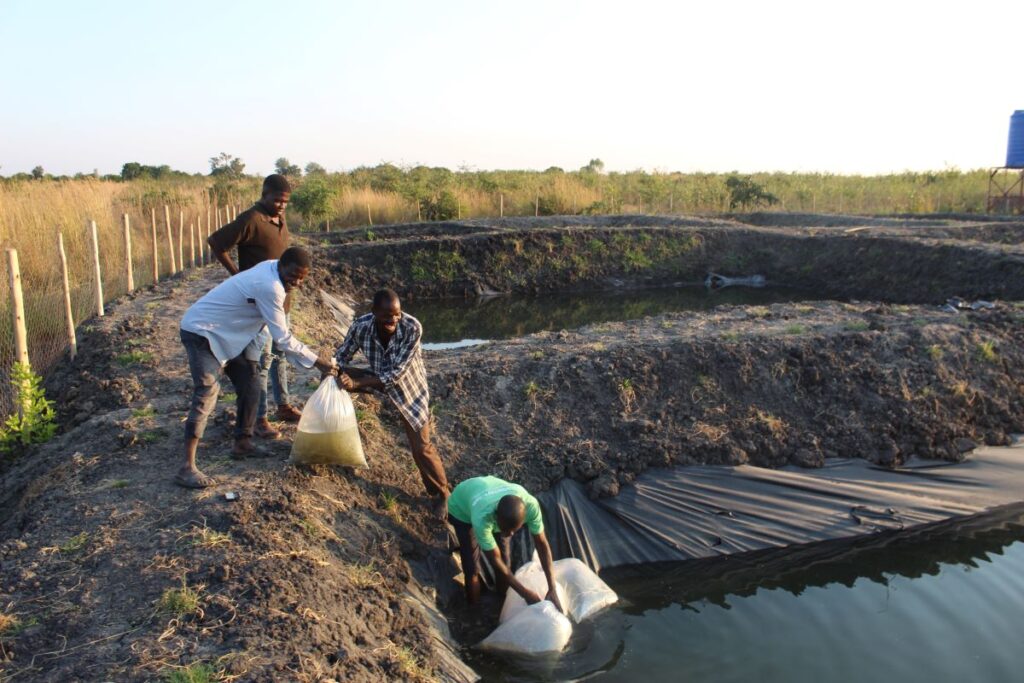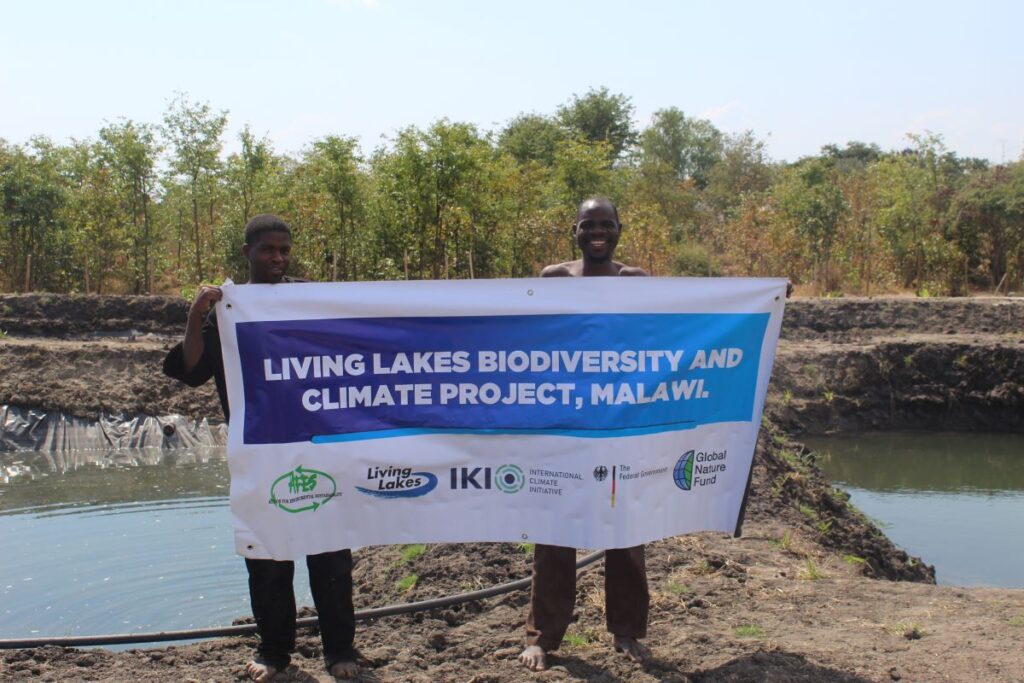Lake Malawi is a wild “aquarium”. With an incredible richness of unique fish species, it is considered the most species-rich lake on Earth. It is also critical for the food security of Malawi, one of the poorest countries of the world – over the years, this abundance has fed the people of Malawi, as the lake provides over 70% of animal protein in the country.
But this richness is being pushed to the limit. Environmental degradation is disrupting this fragile ecosystem, and overfishing is making it ever harder to land a catch.
The latest available figures show that fish stocks in the Lake declined by up to 93 percent between 1990 and 2010, and the situation has been worsening since then. Overfishing is driven by the demand of a rapidly growing population, which grew from 2.95 million in 1950 to 19.89 million in 2021, according to UN statistics.
The dwindling fish stocks threaten the livelihoods of about 60,000 Malawians directly employed as fishermen and a further 350,000 who are involved in fish processing, distribution and associated trades, according to the ‘Fish Frame Survey Report’ published by the Department of Fisheries in 2009.
Building food security through fish farming
To protect the livelihoods and food security of lake communities, and allow the fish stocks to recover and become resilient, the NGO Action for Environmental Sustainability (AfES) is promoting fishpond farming as an alternative to the dependence on fish from the lake.

“It would be unthinkable to deprive riparian communities at Lake Malawi at one stroke of their sole means of survival, but they do need to be helped to adapt to scarcity, and shift to more sustainable and biodiversity friendly practices”, says Daniel Mwakameka, AfES’s executive director.
As part of the Living Lakes Biodiversity & Climate Project, AfES has established a frontrunner Field School Fishpond farm that will annually and support more than 90 lead farmers, fishers and agri-entrepreneurs. Strategically located in the main outlet of Lake Malawi, the Shire river, and managed together with the Department of Fisheries and the community, the school is accessible for smallholder farmers and fishers that live along the lake shores.
The training focuses on how to manage a fishpond, how to breed fingerlings and how to raise them to table size – for the moment, a locally available maize bran has been used. Trainees will gain other key skills for starting an agribusiness, such as fish harvesting, storage, marketing and distribution.

By scaling up fish farming, AfES hopes to help create an alternative food source for local communities and alleviate pressure on the lake. After attending the school, each trainee would be able to feed over 20,000 people – with a standard fishpond of 20 by 20 meters (the size recommended by the Department of Fisheries), each trainee could harvest at least 1,600 table sized fish (around 700 grams) every year, enough to feed 560 households or 2,240 people.
Restoring Lake Malawi
The Field School Fishpond farm is AfES’s frontrunner initiative on Lake Malawi, one of the precious lakes from around the globe where the Living Lakes Biodiversity & Climate Project is being implemented. Besides overfishing, the lake is facing many challenges, including the impacts of climate change, poor farming practices that are leading to soil erosion and siltation, extreme poverty which deprives people’s ability to be able to negotiate trade-offs for sustainable uses of natural resources, and the use of chemical fertilizers and pesticides which are disrupting nutrient cycles in the lake.
Action for Environmental Sustainability (AfES) is engaging with local communities and responsible authorities to combat the threats to Lake Malawi and build a thriving future for this precious ecosystem and the people that depend on it.


